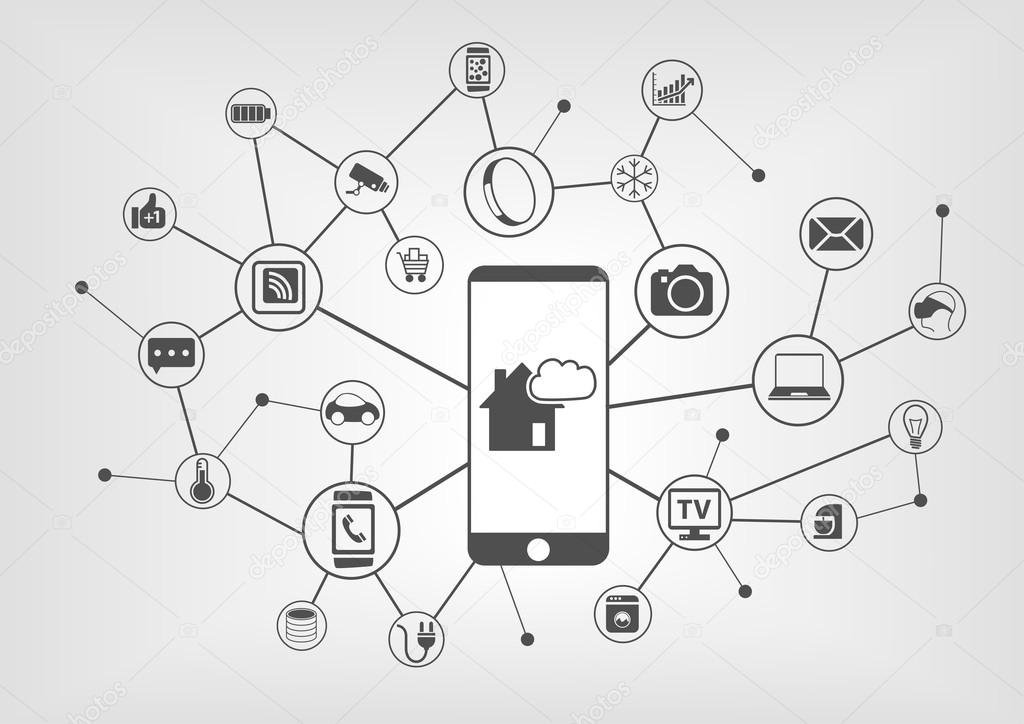
Introduction:
In 2013 Microsoft presented a very interesting case. One box in your living room that would replace all your other multimedia devices. Of course this was a marketing term to promote their next-gen Console the Xbox One. Now almost 4 years later we can conclude that neither the Xbox one or their competitor the Playstation 4 has been able to be this all-in-one device.
It does pose an interesting question, will there ever be one-box-to-rule-them-all?
The idea
Consumers now use different devices for their multimedia needs in their living room. Suppose it would be possible to have just one device that you could use for watching TV, play games, watch online content, listen to music, interact with the internet, and control your home automation, all from the comfort of your couch?
Supply and demand
Companies like Microsoft, Sony, Google to name a few would like to be the ones to offer this solution to consumers. On the one hand because they see a growing demand and on the other hand (most importantly) because they want to be the ones controlling your living room. “There can only be one”.
Think about the benefits for a company like Microsoft if they had a box in your living room with their software running on it, where you only used their software solutions and made use of only their services?

The competition
I will list possible contenders that might evolve into the one-box-to-rule-them-all.
The Personal Computer (PC)
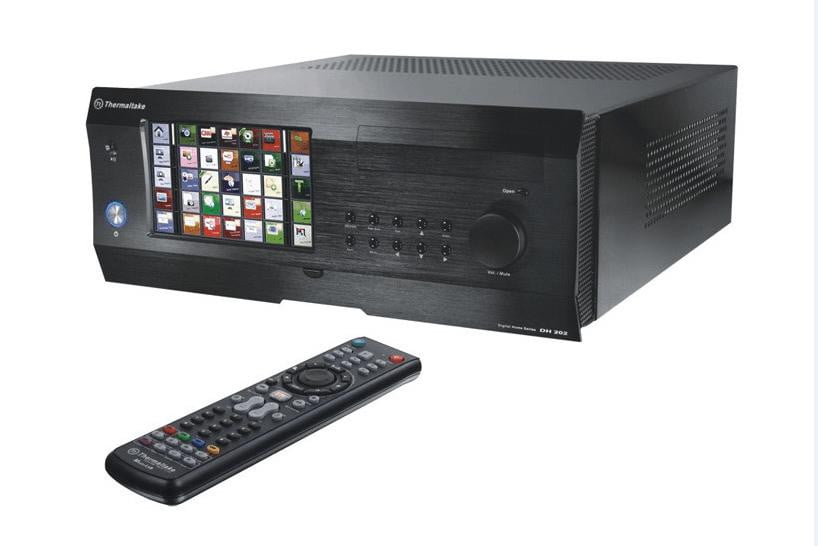
The Home Theater PC is gaining in popularity. I did a introduction on the HTPC:
@xervantes/home-theater-pc-basics
The pros The PC is flexible and powerful and there are many pre configured solutions available. OSX and Windows are used by billions of consumers on a daily basis.
The cons The PC can be quite expensive, not always consumer friendly and can consume a lot of energy.
The future PC’s are becoming even more powerful and energy friendly. So expect more silent, inexpensive, energy friendly PC’s in the future. If the right software is introduced then the PC (probably accompanied by some marketing hyped-up name) might take the crown.
The mini PC
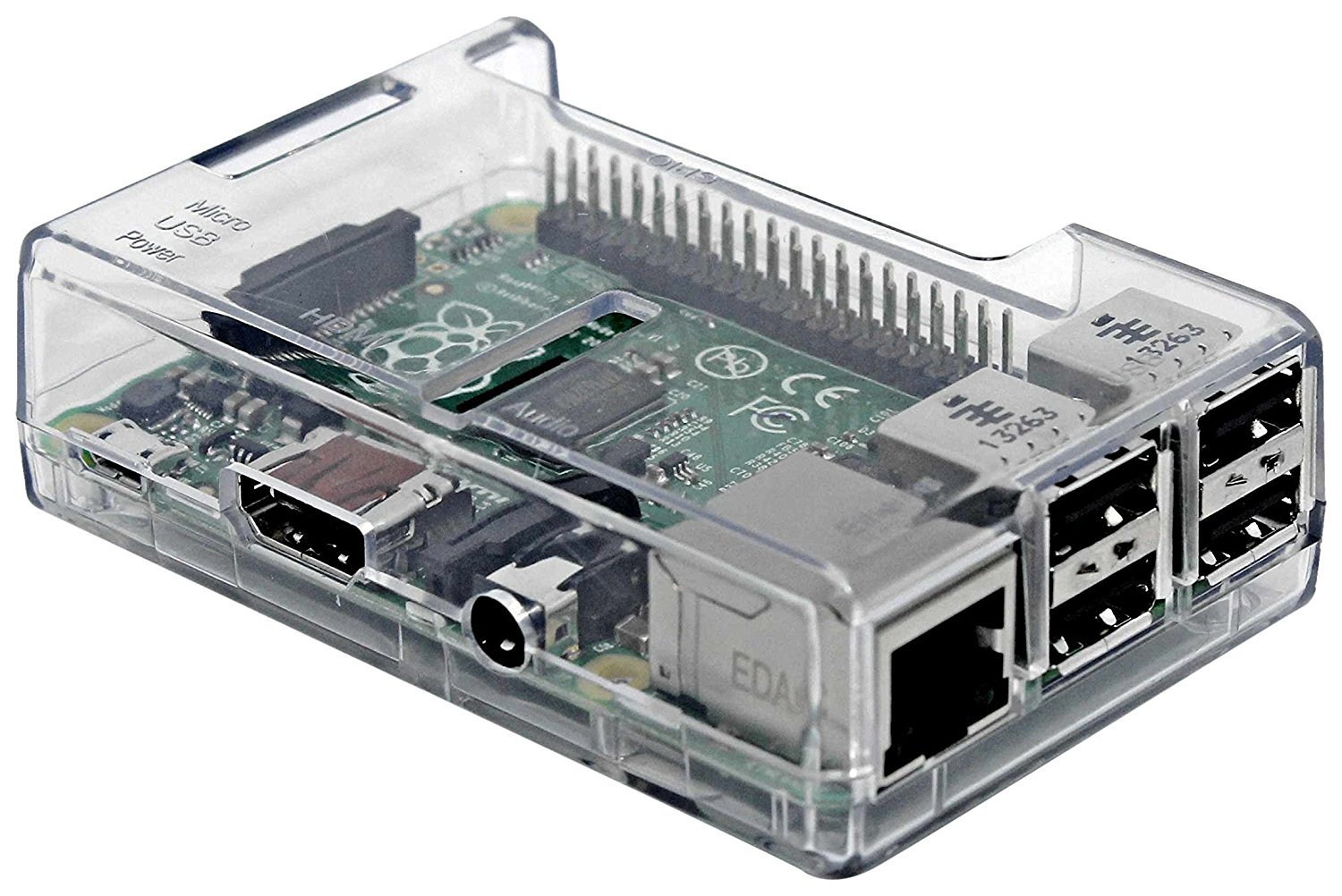
These are the raspberry pi solutions, the intel NUC and other scaled down PC’s.
The pros The Mini PC is small and inexpensive. There are also preconfigured solutions available.
The cons The devices need tech know-how. Raspberry PI’s can be powerful and flexible devices but only if you know how to set them up.
The future Mini PC’s are relatively new to the game and are still evolving. As the processing powers of CPU’s keep growing so will the potential power of Mini PC’s. Expect little powerhouses that you can attach at the back of your TV that can do anything current PC’s can. What is more important here is the Mini PC’s need the right user-friendly software to go really mainstream.
The Smart TV
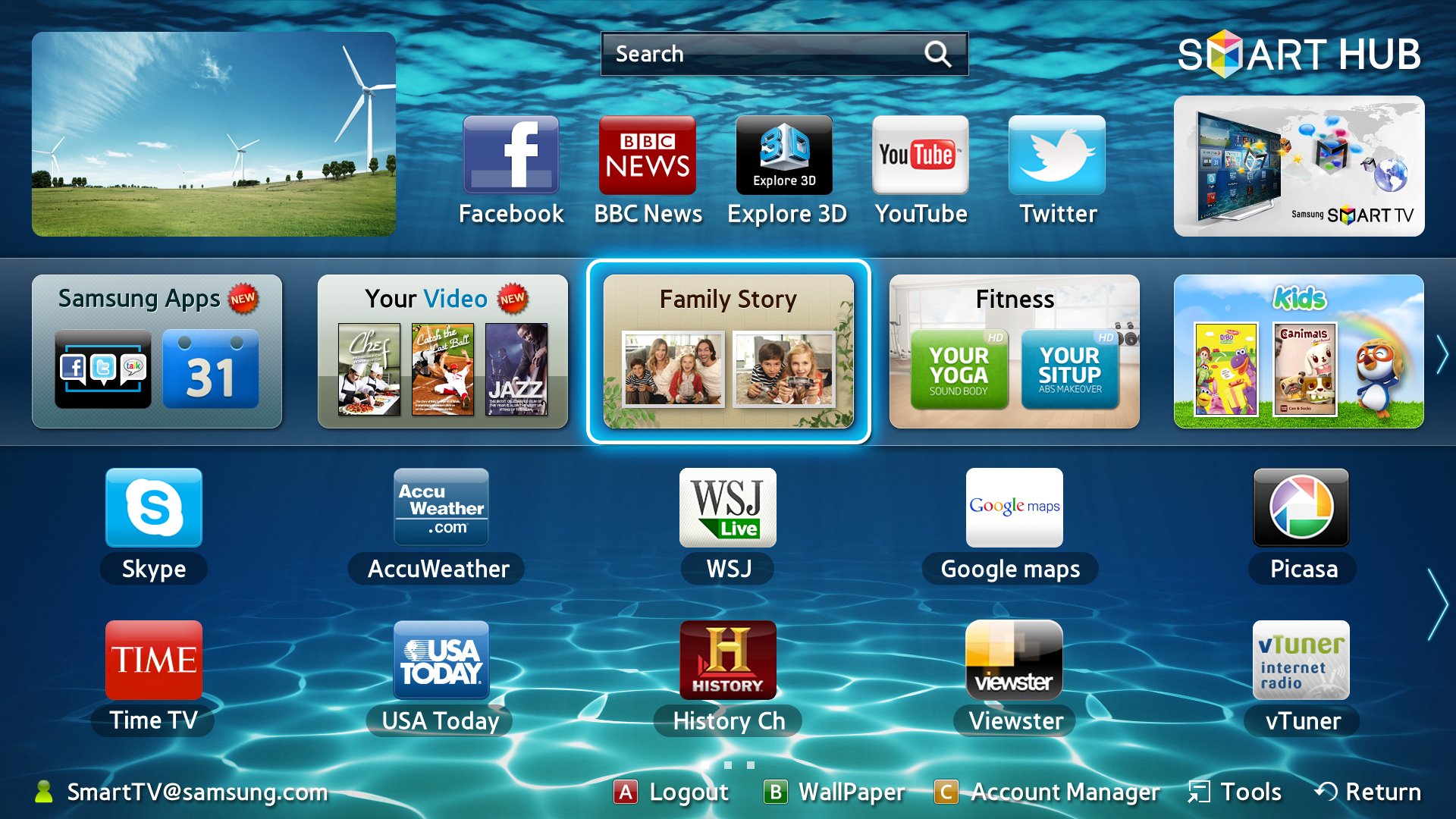
A relative newcomer, the Smart TV tries to be a mini-computer, and display device at the same time.
The pros Consumer friendly and easy to obtain.
The cons Most Smart TV’s lack the processing power to really make an impression. Compared to a PC, a Mini-PC or even a mobile smart phone, the Smart TV falls short. Gaming is for the most part not a very nice experience on a smart TV. Also the software is not always up for the challenge.
The future Smart TV’s will probably become more powerful in the future. The question is if they can keep up with the other competitors. Personally I don’t see a future for the Smart TV as a box-to-rule-them-all but I could be mistaken.
The Android Box/Stick
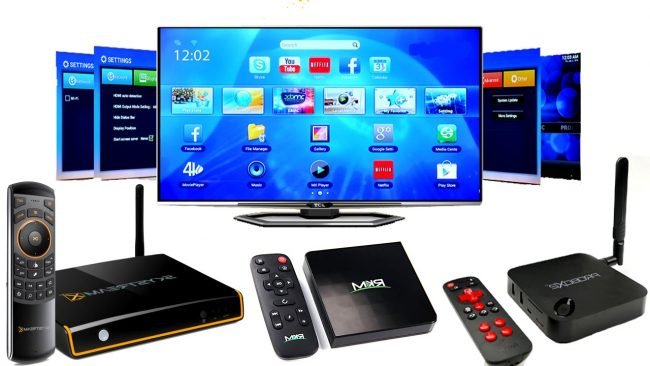
Is it a hype? Is it here to stay? Who knows. The android box/stick is basically the insides of a mobile phone shoved in box or HDMI stick. It has the same functionality as a mobile device (minus the ability to make phone calls) with the advantage that you can (easily) connect it to your TV.
The pros It has a well-known operating system (Android), lots of apps (very important). It is a small and silent device that you can easily place in your living room or attach at the back of a TV.
The cons The Android box can potentially be as powerful as a high-end mobile device. In my opinion that is not power enough (yet) to control your living room and satisfy all the multimedia needs. Another issue is the OS Android. Don’t get me wrong, I love Android but it is an OS meant for Mobile Phones. Another issue is the hardware, Google only supplies the software and the quality of the box also depends on the company that provides the hardware.
The future Android boxes will keep growing in processing and graphical power same as mobile phones. Google, the company behind Android is smart enough to adapt the Android OS to a multimedia OS. Android boxes are great contender for the crown however the fact that Google is not in control of the hardware might be a problem.
The gaming Console

The Xbox and Playstation are the only real contenders here. Nintendo just wants to make good consoles and games and the Steam Machine is just starting out and concentrating on Gaming.
The pros The gaming console has one of the most difficult aspects of Multimedia locked down and that is gaming. Game consoles also provide means for listening to music, apps, watching TV and VR. Gaming consoles are relatively powerful and very user friendly.
The cons Gaming consoles are not flexible, the company behind the console controls its functionality. The masses still see game consoles as a “toy” and this will hinder its adoption as a grown multimedia solution.
The future With each generation gaming consoles are becoming more like complete multimedia devices. However the time for a new console to come out can take quite a time (the Xbox 360 release was in 2005 and the release of the Xbox one was in 2013!) The competition is moving forward at faster pace. The gaming console has a lot of potential but it also needs to change its image for wider recognition as a complete multimedia solution.
Mobile devices
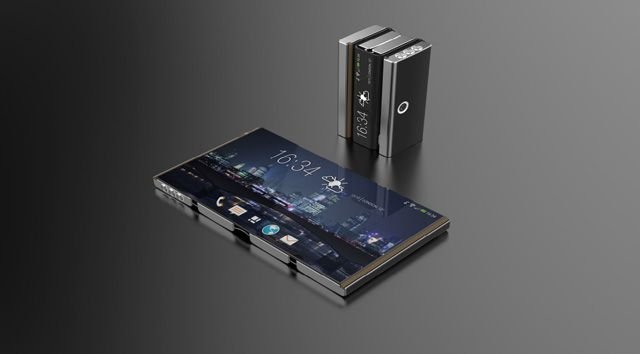
Smartphones, tablets and other mobile devices have taken the world by storm. Since the release of the first Iphone the way we interact and communicate with each other has significantly changed. The smartphone is more and more evolving into a mobile mini PC (I suppose that it already is).
The pros Almost everyone has a smart phone (estimate is that there will be 2.87 billion smartphone users worldwide in 2020). Mobile devices are user friendly and offer a lot of functionality. Casting options make it easy to project the display of your screen to the TV if necessary.
The cons Mobile devices are (not yet) as powerful a some of the competition. Also controlling the devices (touch screen) can be an issue while gaming or typing, for the masses who are used to a keyboard, controller or remote (however I consider this a smaller issue).
The future The future looks bright for the mobile device. Microsoft even has a smartphone with Windows 10 and a docking station you can use to replace your PC. As the processing power and graphical power of the mobile CPU’s and GPU's continues to grow we will see more use of the mobile device instead of other multimedia devices.
The verdict
To be honest I don’t know which of the devices will evolve into the box-to-rule-them-all. I am sure that in the future such a device will surface and take control of our living room.
We don’t know which new technological discoveries are waiting in the future. But based on the current state of affairs I think the mobile device has the best potential of being the box-to-rule-them-all.
The PC at the moment (HTPC) is in my opinion the best multimedia solution but it has its disadvantages (price and complexity).
Let me know your thoughts in the comments.

